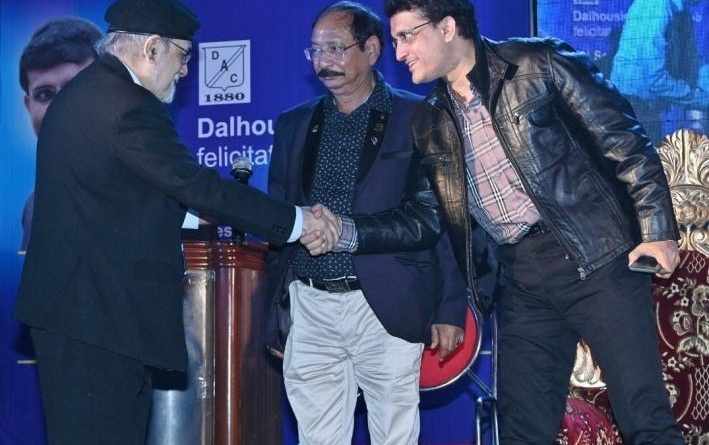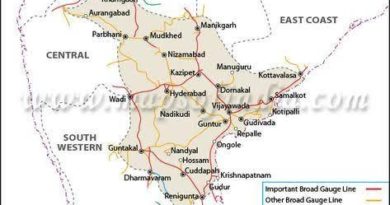Survival
SURVIVAL OF THE WISEST! Indeed, matters have now snowballed to a situation where the main concern is that of the very survival of the human and all living creatures against the odds that, ironically, is all man-made. There were appeals and warnings in recent times but they sadly fell on deaf ears. The environment is often talked of in relatively serious terms. Several governments have Departments named after it. Work carries on at a leisurely pace from one day to the next in routine fashion. But no policy has been framed or pushed on a war footing to wake everyone up. The criticality of the situation is yet to hit the targets including respective governments. Now, only a true conservationist or a naturalist can realise how critical matters are. There are conservationists and there are conservationists and then there is a naturalist like Sir David Attenborough. Now in his 90s, this remarkable human with so much energy, feels that the future of life on earth depends on our ability to take immediate action. Many individuals are doing what they can, but real success can only come if there’s a change in our societies, in our economics and in our politics. He has been lucky in his lifetime to see some of the greatest spectacles that the natural world has to offer. Surely, there remains a responsibility to leave for future generations a planet that is healthy and inhabitable by all species. Three and a half million years separate the individual who left these footprints in the sands of Africa from the one who left them on the moon. A mere blink in the eye of evolution. Using his burgeoning intelligence, this most successful of all mammals has exploited the environment to produce food for an ever-increasing population. In spite of disasters when civilisations have over-reached themselves, that process has continued, indeed accelerated, even today. Now mankind is looking for food, not just on this planet but on others. “Perhaps the time has now come to put that process into reverse. Instead of controlling the environment for the benefit of the population, perhaps it’s time we control the population to allow the survival of the environment.” Attenborough has subsequently become more vocal in his support of environmental causes. In 2005, he backed a two year project to stop the killing of albatross by longline fishing boats. He gave public support to WWF’s campaign to have 220,000 square kilometres of Borneo’s rainforest designated a protected area. In 2003, he launched an appeal on behalf of the World Land Trust to create a rainforest reserve in Ecuador. The same year, he helped to launch a global project to gather together natural history media into a digital library. In a 2005 interview, Attenborough said he considered President George W.Bush to be the era’s top “environmental villain”. In 2007, he further elaborated on the consumption of energy in the US in relation to its population. When asked if he thought the US to be “the villain of the piece”, he responded:”I don’t think whole populations are villainous, but Americans are just extraordinarily unaware of all kinds of things. If you live in the middle of that vast continent, with apparently everything your heart could wish for just because you were born there, then why worry? If people lose knowledge, sympathy and understanding of the natural world, they’re going to mistreat it and will not ask their politicians to care for it.”A couple of years later, he commented:
“The growth in human numbers is frightening. I’ve seen wildlife under mounting human pressure all over the world, and it’s not just from human economy or technology. Behind every threat is the frightening explosion in human numbers. I’ve never seen a problem that wouldn’t be easier to solve with fewer people – or harder, and ultimately impossible, with more.”He has written and spoken publicly about the fact that, despite past scepticism, he believes the Earth’s climate is warming in a way that is real cause for concern, and that this can likely be attributed to human activity. He summed up his thoughts at the end of his 2006 documentary “Can We Save Planet Earth?” as follows: “In the past, we didn’t understand the effect of our actions. Unknowingly, we sowed the wind and now, literally, we are reaping the whirlwind. But we no longer have that excuse: now we do recognise the consequences of our behaviour. Now surely, we must act to reform it — individually and collectively, nationally and internationally — or we doom future generations to catastrophe.”In 2012, Attenborough was quoted as saying that the planet has always and will always look after itself but what worries him most about the future of the natural world is that people are out of touch with it … “over half the world is urbanised; some people don’t see any real thing except a rat or a pigeon … ecosystems are incredibly complex and you fiddle with them at your peril.”When David Attenborough began his career, in 1950, Earth’s human population was measured at just 2.5 billion people … in 2012 he said: “We cannot continue to deny the problem. People have pushed aside the question of population sustainability and not considered it because it is too awkward, embarrassing and difficult. But we have to talk about it.″Later, he said that population is a plague on the Earth. It’s coming home to roost over the next 50 years or so. It’s not just climate change; it’s sheer space, places to grow food for this enormous horde. Either we limit our population growth or the natural world will do it for us, and the natural world is doing it for us right now. What are all these famines in Africa? What are they about? They’re about too many people for too little land. That’s what it’s about. Even a day ago, he was intrigued that we are still burning so much carbon for energy. Nature has provided enough resources, including the sun and the sea, to meet all our energy needs.Why, then, are we still banking on fossil fuels? True, some nations have had success with solar energy but what keeps us from rapid transformation the world over? There would, then, be no apprehensions of carbon emissions. If we come to think of it, Nature has provided us with everything. The problem, however, is that we have taken everything for granted. Forget showing any gratitude in real terms, we seem to be doing precisely the opposite. The sea temperature has gone up by one degree. The worst ever hurricanes have struck with devastating consequences. Worse is feared even as unprecedented snowstorms have started. Large portions of Greenland have started melting. If sea levels increase by seven metres, as feared, all hell will be let loose.So, let us act responsibly and conscientiously or else….. At the end of the 18th century and not long after the French Revolution, William Wordsworth, who paved the way for other Romantics, had said, “The world is too much with us, late and soon. Getting and spending we lay waste our powers, little we see in Nature that is ours, ‘is a sordid boon.”His words rang true for more reasons than one. Today, we are bogged down by so many priorities that we fail to understand what requires immediate attention over and above all else.
A few years ago, US President Barack Obama was interviewed by Attenborough at the White House in Washington D.C. Together, they discussed the future of the planet, their passion for nature and what measures can be taken to protect the environment. Under the current dispensation led by President Donald Trump, the US has turned away from the Paris Climate Control Treaty. Would that, too, remain “a blink in the eye of evolution”?
-Utpal Chatterjee




